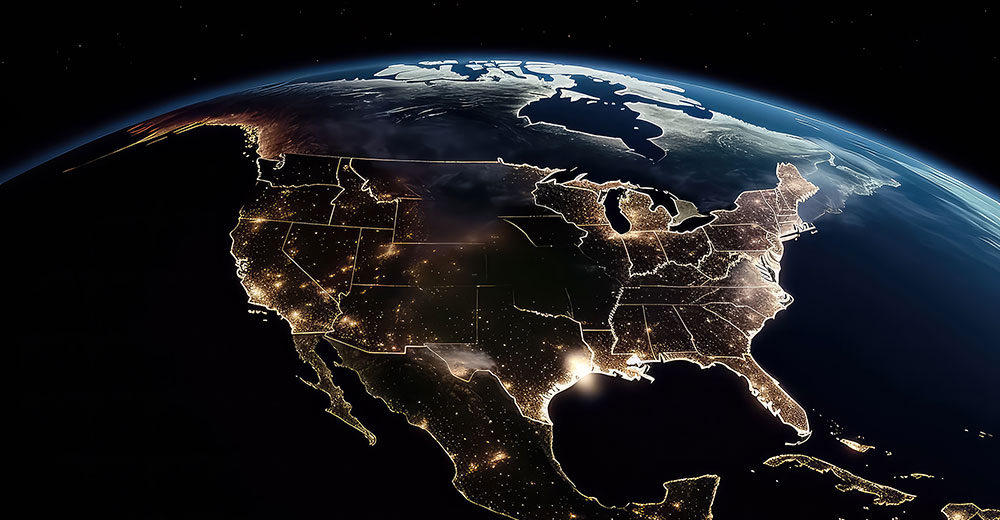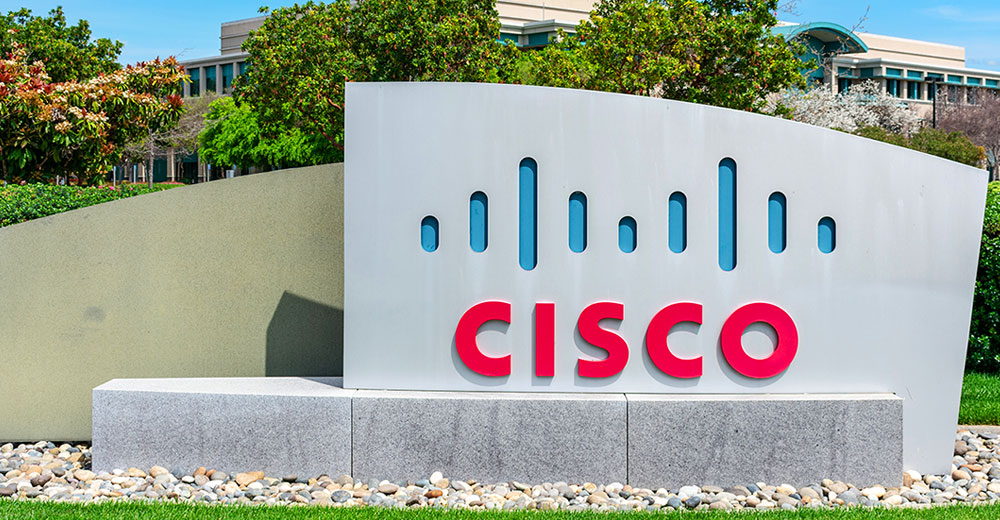I’m no big fan of J. Edgar Hoover, the famous (or infamous) former FBI honcho, but I’m having a difficult time getting myself worked up over this Carnivore controversy.
I know I should be worried about the Carnivore electronic surveillance system, especially if the concerns voiced by advocacy groups like the Electronic Privacy Information Center (EPIC) are true.
But I just can’t work up any righteous indignation, no matter how many times I picture the ghost of J. Edgar poring over my personal file at 2 a.m., wearing a simple, black cocktail dress with matching shoes, maybe some unobtrusive pearls.
What EPIC and others are saying is that Carnivore enables the Federal Bureau of Investigation (FBI), to read and store my e-mail — that, in effect, the Feds could easily start an electronic file on me.
Here’s the problem: Join the crowd. Like everybody else’s in this country, most of my electronic movements, if not all, are known to anybody who cares to keep track of them. Everybody — everybody! — knows what you’re doing on the Internet.
In Memory of Almon P. Strowger
You can walk into just about any computer store and buy software that allows you to spy on people electronically. If you’re reading this column at work, your boss may know it. If you’re reading it at home, your wife, husband, kids and dog may know.
We’re a nation and world of spies, and the more advanced our technology, the more advanced our spying techniques become. Alexander Graham Bell invented the phone in 1882, and it wasn’t long before people started tapping phone lines. It wasn’t until 1888 that a man named Almon P. Strowger discovered a way to prevent secret taps of private phone lines.
The telephone bugging and anti-bugging industry has grown into a multi-million dollar field. Spying is all over the World Wide Web. A search for “online tracking devices” brought up 49 Web pages. “Electronic spy equipment” brought up four, and “How to catch a cheating spouse” brought six. “How to steal e-mail” brought 44!
Parents, particularly in the U.S., use tracking software to tell which chat rooms their children visit, who they send and receive e-mail to and from, and if they’ve been instant messaging others online. Companies steal e-mail addresses from Usenet postings using automated systems as a matter of routine.
And don’t forget about cookies!
Where the Threats Are
Experts say that right now, e-mail is more secure than the telephone. That isn’t exactly reassuring. Law enforcement officials also say that e-mail has become the preferred method of communication by organized crime. I believe them, though I have a tough time picturing John Gotti ordering a hit by e-mail.
It seems to me terrorism and organized crime are bigger threats right now than the possible intrusion into individual privacy if — and admittedly, it’s a big if — the FBI is careful how it uses Carnivore.
The problem is that our federal law enforcement officials tried to hoodwink the public. U.S. Attorney General Janet Reno promised an impartial review of Carnivore by an independent panel. It was neither impartial nor independent.
Most of the prestigious computer science departments turned it down because of the restrictions insisted on by the FBI, and several members of the Illinois Institute of Technology’s Kent Law School, which ultimately performed the review and gave it a stamp of approval, worked for various government agencies.
Watch the Watchers
“The American public cannot be expected to accept an Internet snooping system that is veiled in secrecy,” EPIC attorney David Sobel said.
It’s true. Why not assuage the public’s fears by having a truly independent panel review Carnivore? We don’t want to know the FBI’s secrets, we just want to be assured we aren’t getting spied on by the government the same way everybody else is spying on us.
The FBI for years has had the authority, through subpoenas and court sanctioned search warrants, to get access to e-mail backup tapes from Internet service providers, and we’ve never squawked. We just want to make sure someone is watching the watchers.
What do you think? Let’s talk about it.![]()
Note: The opinions expressed by our columnists are their own and do not necessarily reflect the views of the E-Commerce Times or its management.



















































Social Media
See all Social Media